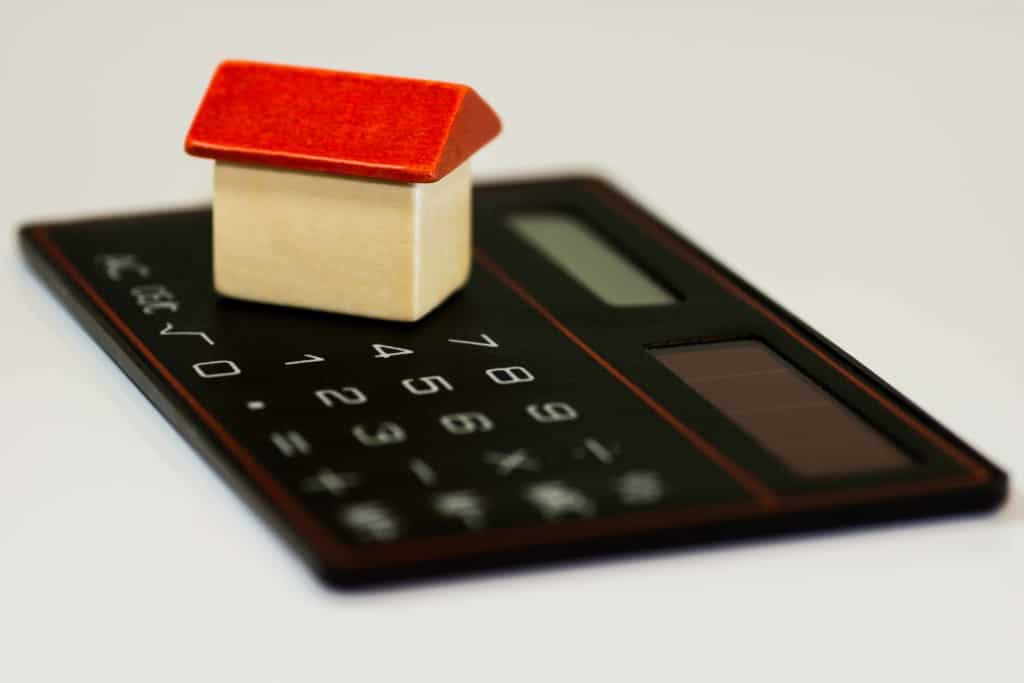Tips for making a budget and saving money
Self-discipline and planning are essential for success
Budgeting is a goal for many of us, but why is it so hard to make a budget and follow through with it? The main reasons are because it requires discipline and ongoing commitment.
The Oxford Dictionary defines budgeting as “An estimate of income and expenditure for a set period or the amount of money needed for a purpose.” A budget is logical because we have limited resources but unlimited wants. Budgeting helps to reduce debt load and enable an affordable lifestyle. The key factor is to differentiate your wants from your needs; this will help you stay on course and not overspend.
Start with planning. Take stock of your household inventory, then make a shopping list of what is needed before grocery shopping. Making a list and sticking to it is the first step.

Some items are worth buying in bulk, but be careful not to go overboard because perishable items spoil easily. Check expiration dates and set reasonable expectations with regards to how quickly you’ll use the product. Frequent trips to the grocery store can cause a huge dent in your finances because people are tempted to buy more than what is needed on each visit, so strike a good balance.
Pay attention to prices and compare prices between stores. Look for discounts and coupons, but don’t overindulge, since buying too many sale items will defeat the purpose of having a budget. It is a good idea to plan and save to buy certain items during popular sale periods such as Boxing Day or Black Friday. However, spread out expenses and don’t buy too many big-ticket items at once.
The same principle applies to clothes shopping. If the objective is to spend less, it is pointless to buy several pieces of clothing or shoes at once. Regardless of how many items you buy, there will still be other appealing ones. Shopping can be a treat or a feel-good experience, therefore limit the amount spent on each occasion.
One way to help with budgeting is by tracking income and expenses by either using a spreadsheet or mobile applications. Using cash may work for some people because they can keep the exact amount needed and allocate accordingly. Others may prefer using a debit or credit card because it might help them to spend less and reconcile what was spent.
Having separate accounts for saving money is another idea. For example, if you want to take a vacation in a year’s time, decide on the cost and see how much you can comfortably save each month to arrive at your goal. Use other savings accounts for unexpected expenses, educational funds, or just about anything.
Minimize eating out or in-home delivery and prepare meals at home. You must sometimes trade convenience to maintain a budget.
Keep receipts to return items. This may be helpful for impulsive buyers who overspend but later realize that they don’t need or no longer want the items they bought.
While budgeting is good, don’t be overly restrictive because it may not be sustainable in the long run. Consistency is key, so don’t set yourself up for failure. However, if you fall off the budgeting bandwagon, pick yourself back up and keep going.
Featured Image: Planning and keeping a budget are key factors to living within your means. | Pixabay







